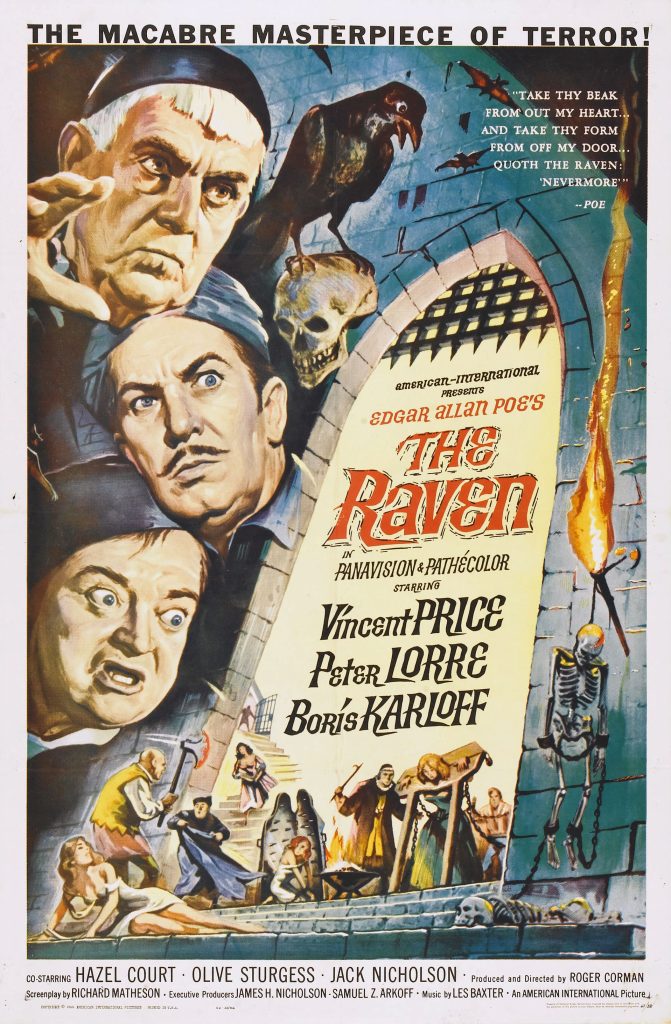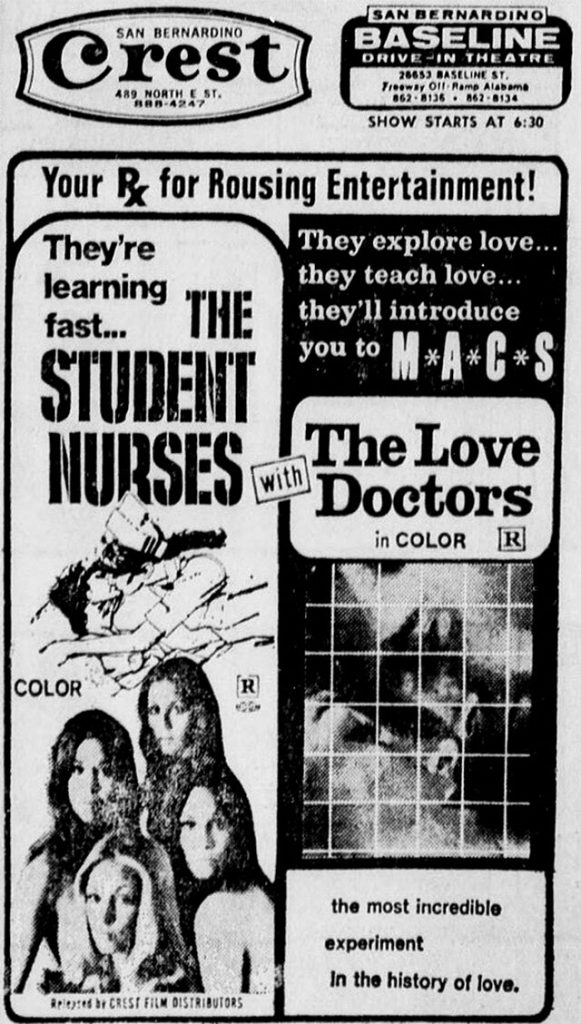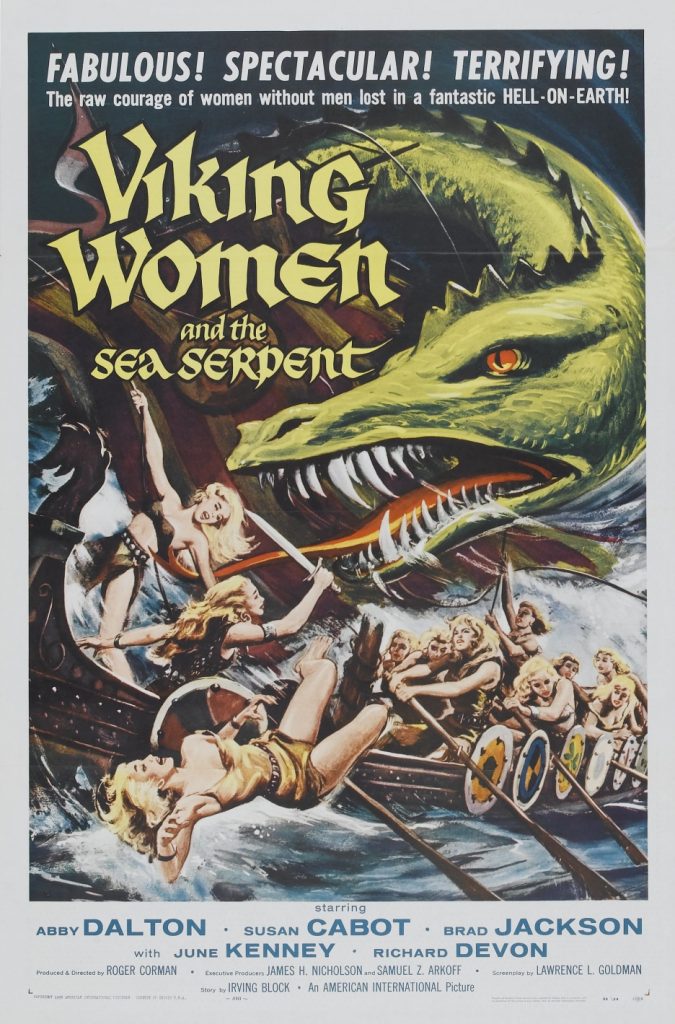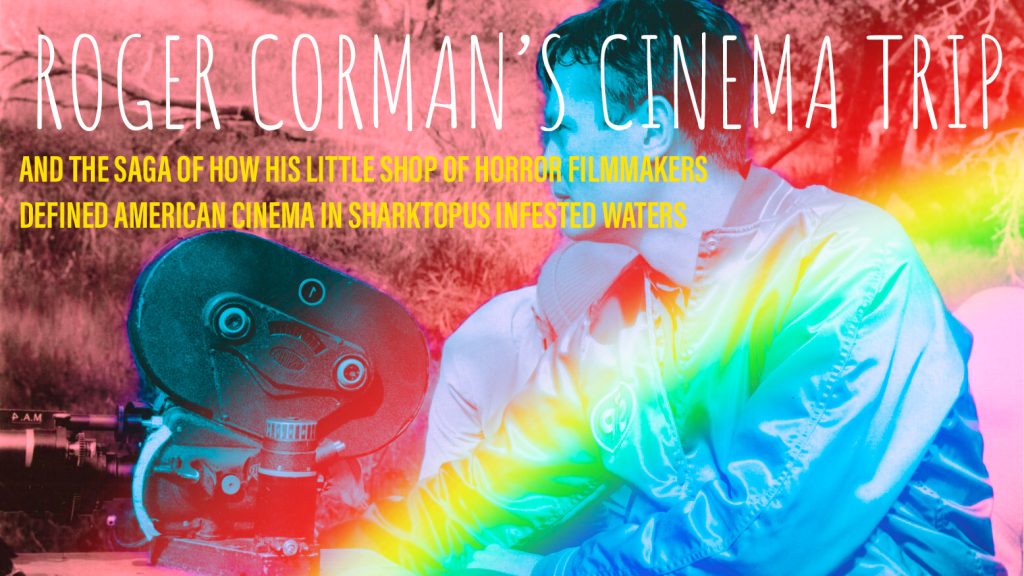Last month, HV contributor Gus Greene took an in-depth look at the life and legacy of Roger Corman. At first glance, it might seem strange. Why would an independent arts site that releases 7-hour silent French cinema serials would get inspired by a man whose best film of this century is Sharktopus? However, as Greene explains in the piece, Corman was making independent films around the same time as John Cassavetes. Except people actually went to Corman’s movies. Cheap jokes (we love Cassavetes!) and obvious oversimplifications aside, Corman is a true pioneer of DIY low-budget cinema.



The pulp genre and B-movies he produced were cheap and tawdry, but they were also daring in an age of conformity and censorship. Corman was able to sneak provocative messages and themes into his movies. Partly this is because they were small movies with niche audiences. But you have to be an artist at heart to care enough in the first place. In his book about the history of American cinema, no less than Martin Scoresese described this trick as cinematic smuggling, citing B-movie auteurs like Corman among his personal heroes.
And you know what? Scorsese would know. Why? Because he’s one of the many great American filmmakers and actors who got their start in Corman’s world. Who else? Jack Nicholson appeared in Corman movies for a full decade before he became one of the biggest movie stars—and great actors—of all time. Not only that, Corman directed The Trip from a script by Nicholson, one of the first American movies about psychedelic drug use; the co-stars of this movie, a pair of Corman collaborators named Dennis Hopper and Peter Fonda, would go on to make another movie with Nicholson and a memorable acid trip scene. If Easy Rider was the explosion that revolutionized American film in the 1970’s, Corman lit the fuse. For more about why Corman continues to inspire free spirited American filmmakers, read Greene’s full piece.

